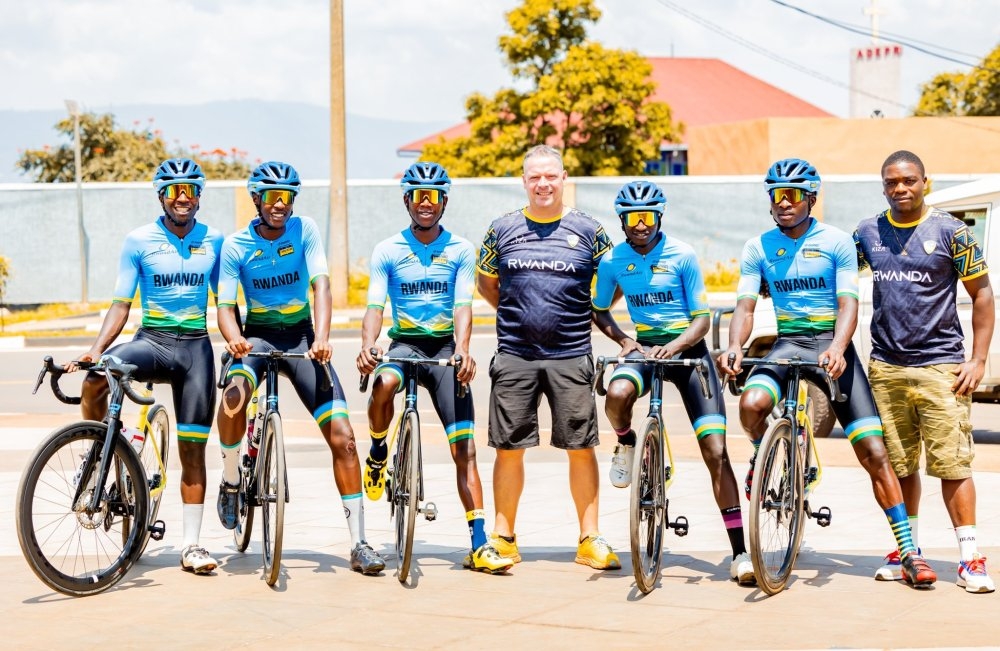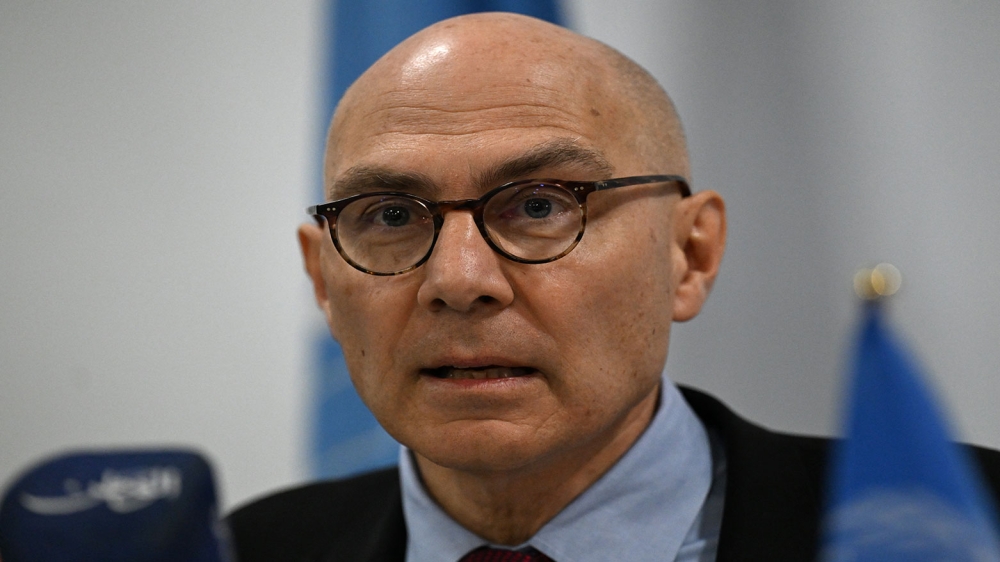Very often, marketers are guilty of approaching Africa as a lumpen mass or a huge Continent of similarly disadvantaged people.


Very often, marketers are guilty of approaching Africa as a lumpen mass or a huge Continent of similarly disadvantaged people. Not just disadvantaged economically, but stripped of much of their humanity, too. In too many marketing meetings good ideas are rubbished for daring to address the consumer as a human being. Nod if you’ve heard these typical comments: ‘We can’t use humour, it’s too subjective.’ (Translation: let them remain miserable)‘The downmarket won’t understand it.’ (They’re a bit thick, unlike us). ‘That’s too aspirational for poor people.’ (Let them stay where they are)You might think that these put-downs come from international marketers, with little empathy for Africans. But I have to tell you that by and large they don’t. They come from African marketers.And if truth be told, international marketers in Africa have come a long way in the last twenty years. We used to have Vice President Bob fly in from Tampa, Florida and command that we air ‘that great spot from Peru, just dub it.’ Nowadays the Vice President is likely to be called Maina or Sarpong, and be a product of local market experience and international exposure. So we rarely see advertising with Scandinavian models, cartoon beavers, or even Honduran housewives with dodgy lipsynch. In some ways, this is a pity!But a greater pity is the opportunity African marketers miss to press African consumers’ emotional buttons. We’ve never gone beyond advertising that reflects pride in family; security; and peer group approval. This explains why so much commercial communication in Africa features plump, comfortable- looking people holding a product and smiling beatifically. The other day I even saw advertising for cement, which tried to construct a very tenuous link between cement and the happiest moments of family life. Odd really. Cement is for building stuff and making footwear for your deadly enemies. Not for helping you making babies.Fear is an emotion that was used in early public health and social marketing campaigns. Nowadays received wisdom tells us that fear is counter-productive. That’s an unwise generalisation. If you ever look at international campaigns for road safety, domestic fire prevention and similar hazards, the most effective ones dramatise the horror in order to make you recognize the threat.But the emotion that is most roundly ignored seems to be ENVY. In fact, mention ENVY as a consumer motivation and some marketers will purse their lips. Perhaps it is not seemly to admit to ENVY. But in all honesty ENVY is a pussycat compared to the six other Deadly Sins.Let’s look at it rationally for a moment. Is it wrong for people to desire something they don’t have? Liberation struggles have always had ENVY as part of their make up. Social improvement, generation upon generation, has been fuelled by the ‘have nots’ wanting some of what the ‘haves’ had. Education. Better housing. Freer communication. And even a double Latte with vanilla syrup. Come on, surely African consumers are as envious as anyone else? In America they have been measuring happiness for decades. In 1936, 32% of Yanks claimed to be ‘very happy’. It hasn’t risen since. However, what was true then is true today – that the richest quarter of Americans were much happier than the poorest quarter. Seventy years of progress, a tripling of household incomes, pre-sliced bread, deodorants, colour TV, mobile phones, and airline loyalty programmes haven’t made the average American any happier. But what does make him happier is the knowledge that his standard of living is envied by his neighbours.The burgeoning African middle class is no different.Recent research studies by TNS in Africa - on banking and ICT - have thrown up clear evidence of ENVY at the Bottom of the Pyramid.BOP customers value brands just as much as anyone else. Indeed, when money is tight they rely on brands to reassure them that they are spending wisely. They see more upmarket consumers using brands like Nokia and they want one. Partly because the brand association uplifts them. Partly because they are reassured the product will work.This is a redefinition of value for money. It goes beyond affordability (marketing speak for cheap).So, taboo though it is, let’s explore the power of ENVY in marketing. Why not start by asking yourself: ‘Is my brand in the ENVY zone?’To comment on this article, visit www.chrisharrison.bizChairman Young & Rubicam Group Africa




